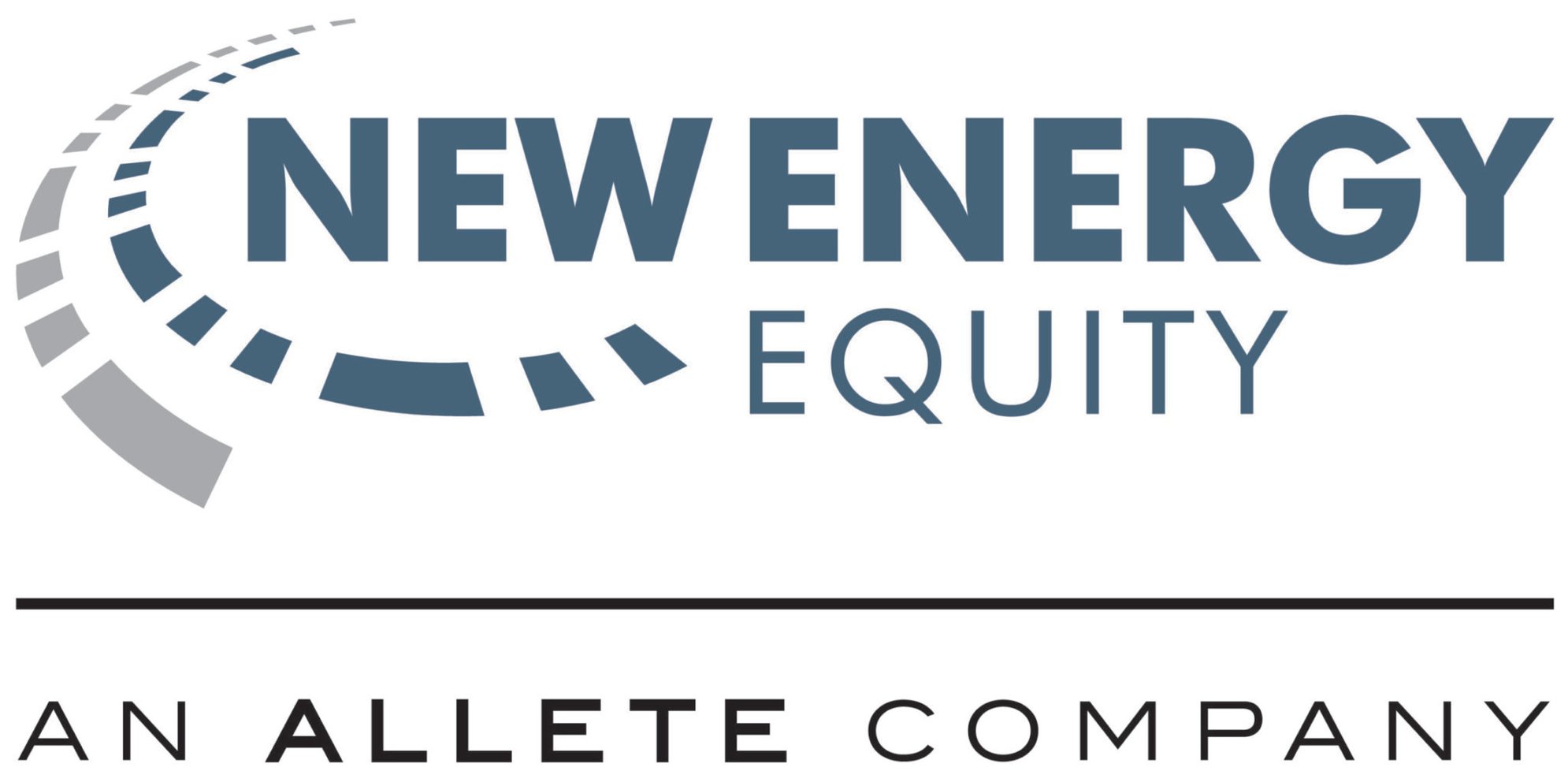New Energy Insights
- Home /
- New Energy Insights /
- Bill #ZTA 20-01: Bringing Solar to Agricultural Land in Maryland
New Energy Equity (NEE) has developed roughly 25% of the Commercial and Industrial (C&I) solar projects in Minnesota, despite being headquartered in Maryland. A big reason that Minnesota has become NEE’s most successful market is not only the availability of good land suitable for solar projects, but the embrace of solar by the municipal and state governments. Though NEE is proud to have developed solar projects from coast to coast in the United States, we strive to build a strong local presence in our home state of Maryland. Historically, Maryland has been a challenging state for ground mounted solar development because many of the state’s counties restrict renewable project development for the sake of protecting farmland. Thankfully, municipalities in Maryland are beginning to understand the many benefits of developing solar on farmland: Montgomery County is one such area that is adopting policy to allow for solar systems on agricultural land through its ZTA 20-01 bill.
On July 22nd 2020, the Montgomery County Council recommended to approve the ZTA 20-01, with a few minor amendments. The bill doubles the allowable acreage of solar facilities on Agricultural Reserve (AR) zones from 9,000 acres to 1,800 acres. Additionally, it allows for solar projects up to 2 MW to be developed in AR zones, as long as those projects do not exceed 200% of on-site energy use.
In deciding to approve the ZTA 20-01, the Montgomery County Council cited solar development’s role in fighting climate change as a crucial factor in its decision making: “No other land use reduces carbon more than replacing fossil fuel energy production with solar”. The Council noted that developing solar projects on land in Maryland does more to mitigate greenhouse gases than tree planting does. Additionally, the Council discussed how solar projects can provide added income to farmers. Last, the Council emphasized that the county would be unable to meet its energy needs without developing new renewable energy assets.
There are numerous implications of Montgomery County Council’s decision to approve ZTA 20-01. First, New Energy Equity predicts that the expansion of the allowable system size will lead to the development of small community solar projects throughout the county. In addition to reducing a community’s reliance on fossil fuel energy sources, community solar makes it possible for people unable to build solar on their own properties —due to installation costs, lack of ownership of one’s apartment/home, inappropriate roof tilt or direction, etc.—to reap the benefits of solar energy by subscribing to a local garden. Given the fact that one third of residents in Montgomery County are renters and thus unable to install solar on their rooftops, ZTA 20-01 has immense potential to allow a larger portion of the population to benefit from the financial gains associated with solar energy. Under Maryland’s existing community solar program, low to moderate income households save around $250 annually. Since community solar gardens almost always provide subscribers with lower energy rates than they would otherwise pay, community solar is a great way to increase access to energy savings. ZTA 20-01 is opening the door for more community solar, ensuring equity in the renewable energy movement.
Second, ZTA 20-01 will allow for the development of solar assets on farmland, proving local farmers with extra income derived from long term lease agreements with solar developers. This fixed income is especially beneficial given the volatility of a farmer’s income and the increasing competition local farmers face due to the dominance of large-scale agriculture. Solar systems can also allow farmers to plant high-value, shade-resistant crops, and has the potential to reduce watering needs and extend growing seasons.
The ZTA 20-01 is an important piece of legislation that removes some of the barriers to solar development in Montgomery County. New Energy Equity hopes to see other counties in the state follow suit as we believe this bill will improve the ease of solar project development resulting in more community solar gardens and economic benefits for local farmers. NEE is eager to expand our footprint in our home state of Maryland and will be watching closely for counties around the state to adopt solar friendly policies like ZTA 20-01.
How Can New Energy Equity Help You Reach Your Solar Goals?
Stay up-to-date with New Energy Equity by joining our mailing list.

.png)
